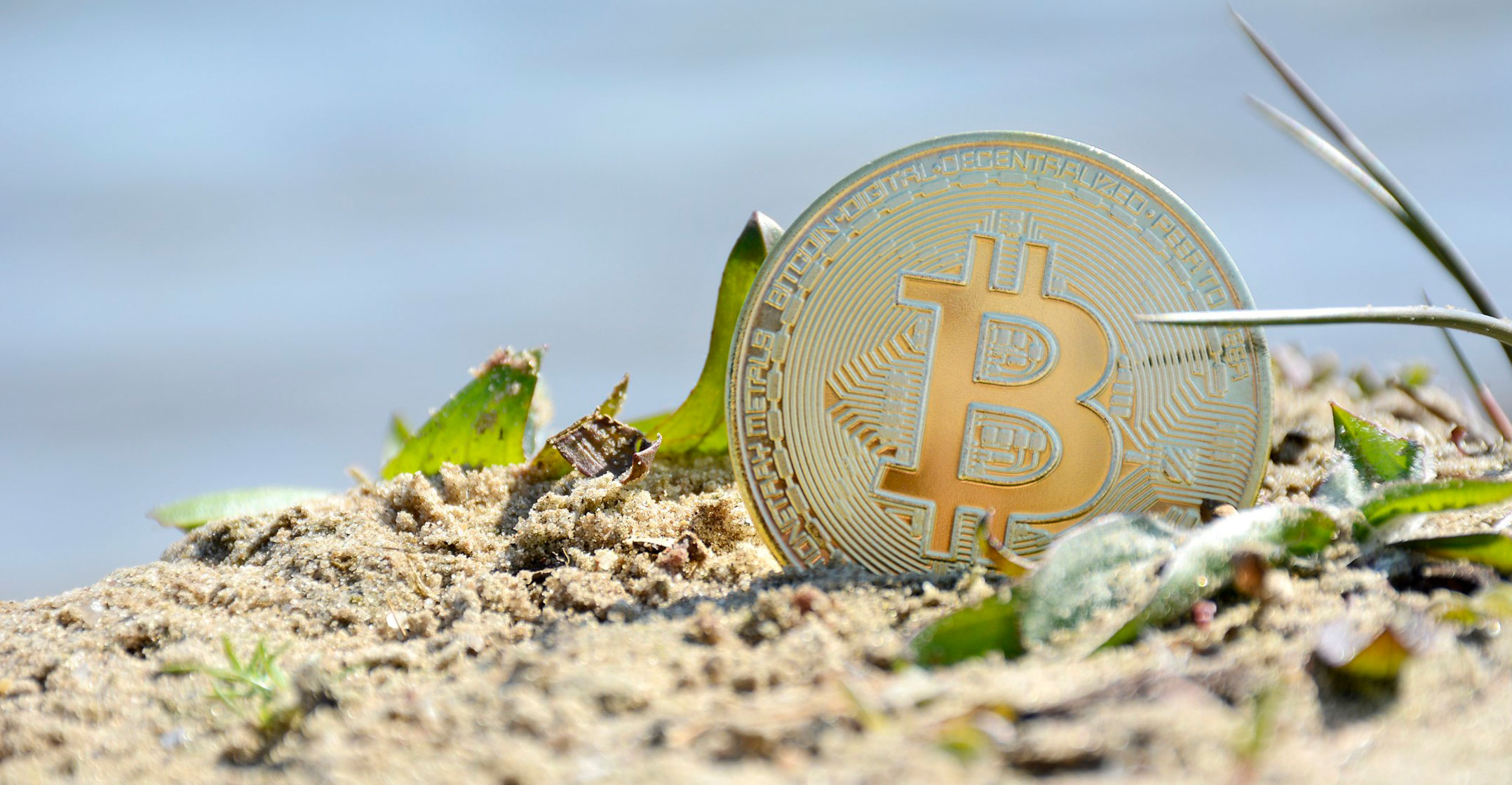 One of the most common criticisms of cryptocurrency is that it is just a way to get around financial rules and regulations. That criticism is not entirely wrong — but with crypto, as with many other innovations, regulatory arbitrage is a feature, not a bug.
One of the most common criticisms of cryptocurrency is that it is just a way to get around financial rules and regulations. That criticism is not entirely wrong — but with crypto, as with many other innovations, regulatory arbitrage is a feature, not a bug.
Very often, regulatory arbitrage is most successful when the innovation improves on some aspects of the older methods. The arbitrage conveys the message that the old regulations need to change.
Consider a concrete example. Many crypto institutions issue tokens, which to many regulators possess the properties of securities and ought to be regulated as such. But they aren’t, at least not uniformly. So if you issue a crypto token, but don’t have to register it as a security and go through the process of satisfying securities laws, you are engaging in regulatory arbitrage.
It is worth thinking through why some of the regulations ought to change in this new context. In the pre-crypto world, issuing a security involved a host of institutional preparations and investments and legal planning, even apart from whatever regulatory constraints needed to be met. Issuing crypto tokens is usually easier and quicker, and quite immature institutions have done so. Software and blockchains do much of the work that once required offices, personnel and a lot of hands-on management.
There could be software that automatically issues crypto tokens, based on smart contracts that specify conditions for issuance. This very possibility is a sign of how much things have changed.
Standard regulatory practice typically focuses on regulating host firms and intermediaries, rather than software. Yet once a blockchain is verifying, storing and communicating information, it is hard for regulators to step in and make a meaningful difference. Thus the old regulatory model no longer applies to a significant part of the crypto experience.
Radically different
And the lower costs of token issuance mean that the issuing intermediaries can be quite thinly capitalised. Often they are either not able or not incentivised to meet a lot of regulations. In addition, an institution can participate fully in the crypto space without being being tied to any specific nation state.
You can inveigh against those features of the market. Regardless, they are going to mean a radically different set of regulatory constraints. They also mean that some kinds of securities (if it is appropriate to call them that) can be issued far more cheaply than before.
Given this reality, shouldn’t regulations be changed — and substantially? This may include some areas where regulation is even tighter, though overall regulations will likely become looser. The regulators will have to learn to live with a more decentralised market structure that has lower costs and is harder to control. It is common sense that when software can substitute for major capital investments, regulations ought to change, even if observers disagree over how.
Unfortunately, the regulatory process is static and typically slow to change. Regulatory agencies often stick with the status quo until it is no longer tenable. One of the benefits of regulatory arbitrage is that it forces their hand and brings about a new equilibrium.
 Even if you think the current regulations are appropriate, you should acknowledge that they, too, are the product of earlier episodes of regulatory arbitrage: in the 1980s, for example, junk bonds helped bypass some regulations on equity. Regulatory arbitrage has long been a means by which regulations are kept at least somewhat up to date.
Even if you think the current regulations are appropriate, you should acknowledge that they, too, are the product of earlier episodes of regulatory arbitrage: in the 1980s, for example, junk bonds helped bypass some regulations on equity. Regulatory arbitrage has long been a means by which regulations are kept at least somewhat up to date.
To get back to the example at hand: it is true that many crypto token schemes are marketed under false pretences or are part of a “pump and dump” strategy. These negative aspects of the token phenomenon should not blind us to their possible benefits as a new method of raising funds or using markets to value projects. Many valuable innovations — the railroads and the Internet come to mind — were also plagued by investor fraud early on.
The argument is not, to be clear, that regulatory arbitrage always is good. It can lead to regulatory overreaction or, conversely, to regulatory holes that remain for too long and allow persistent fraud or systemic risk. The argument is that, fundamentally, regulatory arbitrage is part of a process that leads to lower costs, greater innovation and better rules.
People often ask me what crypto is good for. It’s good for a lot of things, and I am happy to recite some, but surely one of its more under-appreciated benefits is that it is a form of regulatory arbitrage. — (c) 2022 Bloomberg LP

